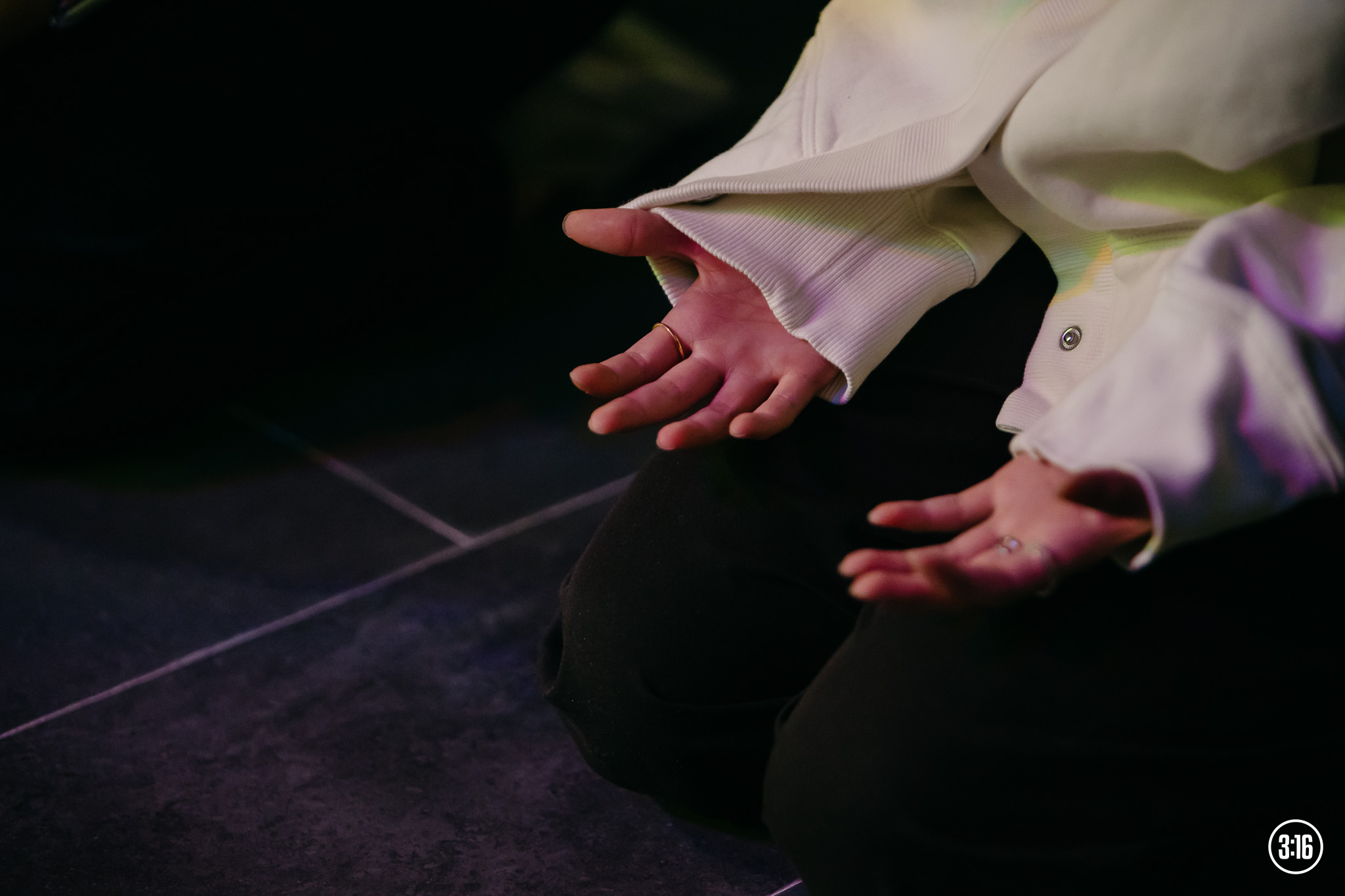Growing up, I watched both my older brothers enter medical school and graduate as doctors. Subsequently, I gained a sister-in-law who is also a doctor.
But I decided to take a different route, becoming a physics major in university. However, my college years also marked the beginning of my battle with major insecurities.
I found myself being questioned by uncles and aunties on the route that I took. Questions like “you different from your brothers ah?” and “what happened to you ah?” were present at almost every single family gathering.
Over time, I found it difficult to manage these comments. Besides handling questions like these, I felt like the odd child when my relatives would say loudly to my brothers: “Wow, you are Dr Woo, you also Dr Woo.”
I left these family gatherings with the impression that the end goal of parenting was to produce doctors.
It definitely didn’t help when my parents were often consulted with questions such as “How did you bring up two doctors? I need to learn from you” and “My child cannot get a place in NUS Medicine. I’m thinking of sending him/her overseas. What do I need to do?”
We had many family friends who were doctors, and many of their children also became doctors. I felt like an anomaly when their conversations were centred around specialisations and admission to hospital residency programmes. At times, my own friends would talk about how doctors make a lot of money and have large variable bonuses.
It was the same challenge when it came to relating to my siblings. My inferiority complex got triggered each time my brothers talked about admissions to residency and doing sub-specialties.
They often talked about the kinds of medicine they wished to do and sometimes even made comments about the supercars they would like to own in the future – which made me feel more and more like the “not so capable child” in the family.
At the same time, this all made me very uncertain about my own future.

It felt that in my battle with insecurity, defeat was almost certain. Every insensitive comment that I got seemed like a stab that deepened the inner wounds.
This continued until I attended a free apologetics seminar conducted by Jordan Thyer.
“If you think you need _____ (something) to make yourself complete, then you won’t feel complete even if you have _____ (that something),” he told us.
Suddenly, I was reminded of John 15:9-11, and it hit me that only God could make my joy complete.
“As the Father has loved me, so have I loved you. Now remain in my love. If you obey my commands, you will remain in my love, just as I have obeyed my Father’s commands and remain in his love. I have told you this so that my joy may be in you and that your joy may be complete.” (John 15:9-11)
If you think you need something to make yourself complete, then you won’t feel complete even if you have that.
This verse reminds us that the joy that God gives lasts for eternity, unlike the temporal joy that we derive from earthly things like wealth, career and status. I realised then that I definitely did not need to feel incomplete and insecure, even if I wasn’t a doctor.
And although I might have felt inferior, my parents always assured me that they never once saw me as the “not so capable child” and they loved me regardless of my profession. Even when I would try to convince them that I was, they would remind me that they would have sent me overseas to study medicine if that was what I had wanted to do.
Their words were simple, but they meant so much to me.
When I found the courage to share my insecurities with the rest of my family, I could tell that they exercised sensitivity in conversations. They really made the effort to model Christ’s love in both word and action.
I am also thankful for the support I received from the people I consider my second family – ex-schoolmates, friends from church, colleagues and bosses past and present who were always ready to hear me out, affirm me and cheer me on.
Today, I am a software engineer in banking, but first and foremost, God’s beloved child, with nothing to prove and nothing to boast of except to boast in God (Galatians 6:14).
I love my job, but I remember that the joy and satisfaction from career and status do not last a lifetime. If it does not last a lifetime, it definitely will not count for eternity. It is the eternal joy we have in God that makes our joy complete and keeps us assured.
In May 2018, Jia Qian also wrote her reflections on how “Your identity isn’t tied to what you do“. Have a similar story to share about feeling inferior? Jia Qian would love to connect with you over email.
- Have you ever felt inferior to those around you, especially in your family?
- How can we manage feelings of feeling “lesser than” others?
- How does God measure our worth to Him?
- What are some truths to counter the lies that we are not as good as others?









